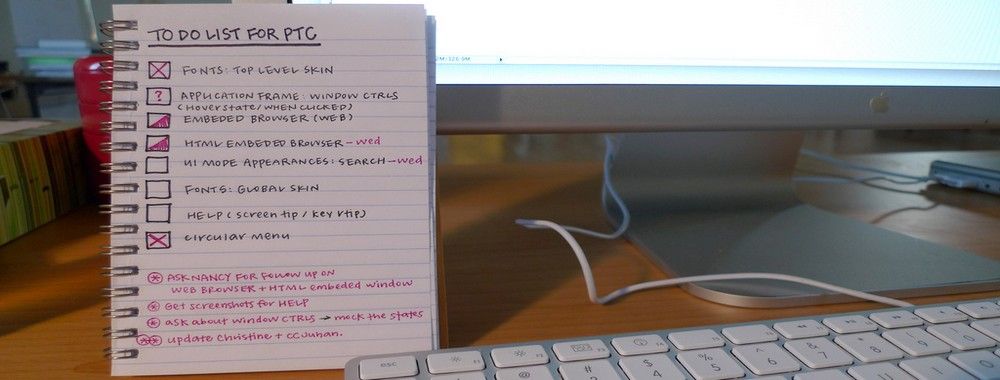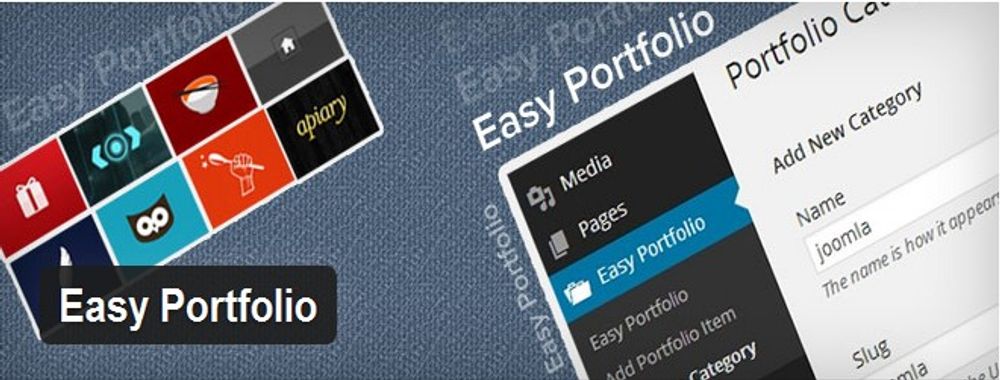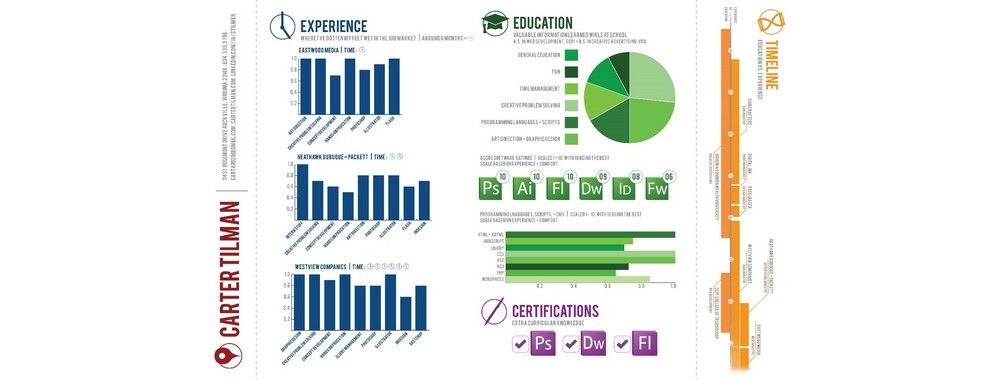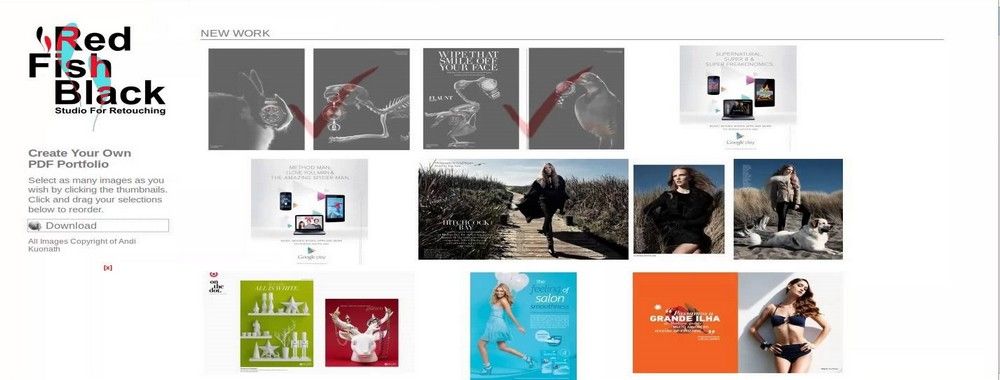Do you want to have your own business, but you’re not sure what niche to enter? That’s OK; you’re not alone. However, it is important to choose a niche before you get too far along in launching your business. That’s because specialists who become remarkable in a field of endeavour are much better rewarded by the market than the generalist “jack/jill of all trades”. Determining your niche doesn’t have to be overly problematic, either – it’s a simple process that anyone can follow. Here is how.
You’ll find a lot of advice online about choosing a niche, and it’s important to recognize that most of this advice is aimed at internet marketing companies. Why is this important?—because the process for choosing a freelance or business-to-business (B2B, i.e., business conducted between companies rather than between a company and individual consumers) entrepreneur niche differs substantially from choosing an internet marketing niche. If you follow the internet marketing route, you’ll find yourself struggling to attract any customers at all.
Prices - Avoid a Race to the Bottom

Remember that “cheap – good – fast” is most often an unrealistic combination. What are you striving to offer your clients and users?
It’s time to put on a customer’s shoes for a minute. When a business goes shopping for a new website or logo, what do you think they’re looking for from their supplier?
The new B2B entrepreneur’s or freelancer’s first answer is usually “a cheap price!” This leads to the freelancer or entrepreneur making the biggest mistake a business owner can make. Were it true that all clients shop according to price, you as a freelancer or entrepreneur would need to charge the lowest price possible. You couldn’t afford to specialize, either, because that would rule you out of doing 99% of jobs available out there. That would mean you’d have to be a “jack of all trades” and offer your services to anyone and everyone—to all and sundry.
Those freelancers and entrepreneurs get reinforcement on this, too. They head off to Fiverr.com or UpWork.com and see hundreds of $5 logo projects and $20 web design projects. It’s clear that the only strategy is one based on price and offering all things to all men.
The trouble is… this is rubbish. Are you really going to quit your day job to churn out hundreds of logos or dozens of websites a week? You’d need to in most places to make those jobs cover your living costs.
And if you’re churning out 100 logos a week, are they likely to be good? Will you have time to research the client’s brand?—their market?—their competitors? Will you be able to position the client in a unique position in their market? Hell no. You’ll ask “What do you do?”, pick a suitable colour for the industry (possibly, if you know it – if not, you’ll wing it), and churn out something in 20 minutes.
Welcome to freelancer hell. It’s a race to the bottom down there, and it’s no fun at all. Did you want to quit your job to do something even more soulless and unrewarding, where you work all week long on simple, boring projects that offer no real value to penny-pinching clients? For a tiny amount of money at the end of that week—all while your blood boils and you dread the sound of incoming emails in case it’s “them”, chasing you up? Freelancer hell causes that unfortunate paradox where you, who wanted to dazzle each friendly client with the best of your efforts, end up muttering, “Well, you get what you pay for; live with it.” and can’t bear to video conference ever again. It’s a waste of your talent, and it means focussing only on keeping a client happy so you don’t get bad feedback. You’re made for better things; don’t let yourself be used by someone on a cheapie contract because it’s “better than nothing”. You’ll end up working with an adversarial mind-set, and probably under worse circumstances than when you were an employee with a “boss”.
So don’t do that.
Become a Specialist – Specialists Add Value
Out here in the real world, clients offer logo design projects where the payments run to four to six (and occasionally seven) figures. As for web design projects, they run from four figures to six figures, too.
Do you want to know something about those clients? They hire freelancers. But they don’t hire a generalist freelancer who charges $5 per project. They hire specialists—people who know their industries inside out, who have taken the time to develop specific skills that can make their investment in design services (or indeed any other services) pay out more than they put in.
If you want to enjoy freelance life, you need to work while keeping with your passions, interests and values. Equally important, you need to work while keeping with a client’s values and interests. If a client has $5 to invest in a logo, you don’t need their money. You want to find clients who will pay $1,000, $5,000 or even $50,000 or $500,000.
Don’t believe that logo designs can cost that much? Pepsi paid $1 million for their latest logo. The ANZ bank group paid $15 million for a logo in 2009! Even the unloved (and now happily consigned to the rubbish bin of history) Enron paid $33,000 for theirs.
And to get those clients, you need to specialize—and that means choosing a niche.

Author/Copyright holder: Enron. Copyright terms and licence: Public Domain.
That’s $33,000 worth of logo you see above. Wouldn’t you rather make $33,000 for a single project than make 6,600 $5 logo projects on Fiverr for the same money?
How to Become Remarkable
You should choose a niche you are passionate about—one in which you know you’ll love to improve your skills and deliver a perfect result. Choose a niche where you won’t mind staying awake even after midnight once in a while.
Your interests and current skills are most likely a part of what you are passionate about, but if you’re not passionate about your current job and the skills you’re currently using, you shouldn’t be afraid to gaze into the abyss and start looking for and defining your real passions, interests and values and build your freelancing niche on those—if you know clients are out there seeking these freelancing services. Passion, interests and love which are in line with your values are the best foundation for improving your existing skills and building new expert skills. By pushing yourself to produce remarkable work, the clients will start coming to you.
What is a Niche?
A niche, in terms of freelancing or B2B entrepreneurship at least, is a small specialist marketplace. It’s a marketplace where you can offer the best services (or at least equally good services) when compared to the top competitors in that niche.
It’s a place where, if you do well, you can become an industry name. When that happens, when people in that industry think of outsourcing a service—it’s you they’ll call.
You will specialize so that you can add so much value to a client’s bottom line that they want to work with you again and again and again. You do it so that you can work on interesting, fulfilling, challenging projects that motivate you and leave you happier each day.
It’s a virtuous circle. The more value you add to your clients’ lives, the more you’ll enjoy being a freelancer. It’s why we choose a niche, not just because it’s a commercially sensible decision (specialists nearly always make more money than generalists – because if a job can be done by almost anybody, why would you pay good money for it?) but because it’s an ethically sensible decision (adding value to clients) and one that leaves us feeling good about what we do.
Assignment: Choose Your Specialist Niche
Freelance and B2B niches need to be broad enough for us to find a wide range of clients but not so broad that we no longer stand out from the crowd. Let’s take an example. A freelancer’s niche is training for IT and telecoms companies. There are thousands of companies like that around the world. He spent 10 years in senior management for training in those industries before he went freelance. He has an established reputation for delivering what people want and providing a return on investment.
Theoretically, the freelancer could develop training for any industry. The truth is that most industries are pretty similar in many respects. But if the freelancer were to expand his offering to include every industry, he’d no longer be a brand name. He’d end up working on projects that he didn’t enjoy.
Those clients would pay him less – after all, if he has no experience in floristry, for example, why would they need him to write a sales training course for a florists’ chain? The only reason would be if he was cheaper than his competitors and they also had no experience in the flower business.
He might also miss the subtle nuances in their business. All those special touches and inside knowledge unseen by others—that would have otherwise led to the most effective training for their staff—wouldn’t appear in his work.
Phase 1 – Understanding and Defining Which Niche is Best for You
The best place to start when choosing a niche is if you gather:
A list of your interests; a list of your passions; and a list of your values.
Then try to determine which niche matches most of your interests, passions and values? What do you want to do? Web design? UX design? Copywriting? Application development? Etc.?
Once you know what you want to do, it’s time to narrow that down by choosing an industry vertical—a specific industry. Do you want to work with IT companies? Green tech companies? Educational organisations? Defence companies? Etc.? Don’t pick the vertical by the possible reward. Look at it and ask whether this vertical is in keeping with your values, passions and interests.
Now, it’s fair to say that many freelancers have their niche in mind the day they start freelancing. They just decide to keep doing what they’ve always done but working for themselves. That’s actually a great way to choose a niche. If you’re already happy, and you just want the perks of freelance life, then your niche is a no brainer.
However, many freelancers and entrepreneurs don’t have a niche in mind. This process will help those aspiring business owners get to where they want to be.
Phase 2 – Research if Your Freelance Niche is Relevant for Clients
Before you settle on a niche, it’s time do one more thing.
Google that niche. Take your time. Do your research properly. If you get lots of results and it’s clear that you can add value to the businesses that your search returns, your niche is a good one. If you get very few results, your niche is probably too narrow – step back a little and find a larger umbrella. If you can’t see a way to add value to the companies in your results, you’re probably not looking at the right niche. Go back to the start and have a think about your objectives again.
 Author/Copyright holder: Google Inc. Copyright terms and licence: Fair Use.
Author/Copyright holder: Google Inc. Copyright terms and licence: Fair Use.
Google is your friend when it comes to finding a niche. Look at the size of your niche – is it really big enough for you to thrive in? It’s easier to find clients when there are 1,000 companies in a niche than when there are 2 companies in that niche.
Phase 3 – Low Barrier to Entry?
You should examine your results from Phase 2 and see if you can find some competitors working in your niche. A little competition is healthy and shows that there’s a business to be made. Huge amounts of competition suggest that either the niche is too broad, or that you’ve chosen a market with a very low barrier to entry.
A market with a low barrier to entry is one where the skills required to enter are easy to learn and can be picked up quickly by almost anyone. For example, in Search Engine Optimization, SEO, the principles are so simple that you can learn to SEO pretty much in one afternoon. As a result, there are a lot of SEO companies out there.
Not all of those companies are good. In fact, to be good at SEO takes far longer than an afternoon to learn it. It’s a complex field where the top companies earn huge fees and create massive value for their clients. The trouble is… it takes a long time to get good and even longer to win clients when so many choices abound on the market.
Most forms of programming, on the other hand, have high barriers to entry. Learning a programming language, so that you can do anything useful with it, requires months or even years of study and practice. Learning the business aspect of programming takes more time and skill, too.
You’ll find far fewer contract development operations than SEO firms because of this. Competition exists, which is good (it says there’s money to be made) but not so much competition that it suggests that anyone can do the work.
Now, if you’ve been working for a top SEO consultancy and have a great portfolio of incredible results, you can probably still compete in the SEO market. You have a reputation to trade on. If, on the other hand, you picked SEO because you thought it would be easy… time to rethink.
Phase 4 – Defining the Value Your Specialist Niche Will Add to Future Clients’ Businesses
It can’t be stressed enough. Freelancers and entrepreneurs who want to enjoy being business owners need saleable skills that match their own passions, values and interests but which also add significant value to their clients’ businesses. Your niche should reflect that. Otherwise, you will struggle.
How does your specialist niche add significant value to your upcoming clients’ businesses? Please define how—in as many details as you can—as this will help you sell your freelance services. In other words, it’s time for you to find out how you are – and how you can become even more remarkable in your specialist niche. What makes you stand out? Why are you better, different and more attractive than your competitors? How do you add more value to your clients than your competitors?
When you can describe this to yourself and your clients, you’ll start winning more clients, and you’ll most likely be more happy and proud of the work you deliver. You’ll know that you’re remarkable, and you’ll know why you’re remarkable and how to improve and use those advantages even further in the future – to the benefit of your clients, your own business and your motivation to work.

Author/Copyright holder: Stefano Maggi. Copyright terms and licence: CC BY-ND 2.0
Every business activity must add value in order to justify spending money on it. Your freelance business must add value to be relevant to your customers.
The Take Away
There are so many different niches that it should be easy to find one where you can add value to your clients’ businesses—as long as you have the right skills, interests, passions and values.
Earning a good rate of pay requires you to specialize and deliver optimal value to clients. Businesses buy services based on the expectation of a return on investment, ROI. That means whatever they spend money on, they either want to make money from it, or save money from it. Real businesses, those run by people making money, spend real money, but they’re not foolish with that spending – they pay experts for their expertise. They don’t seek out a “Jill of all trades” to work with, except in the instance that the work is low priority and low paid.
Avoid markets with low barriers to entry unless you have a significant work portfolio and a good industry reputation.
While some freelancers and entrepreneurs have built businesses without previous experience and without specialization, they are very few and far between. The most successful freelancers and entrepreneurs are almost all highly specialized, with a clear value proposition for their clients.
Wayne Dyer said; “Freedom means you are unobstructed in living your life as you choose. Anything less is a form of slavery.” Choosing your niche is part of choosing your freedom.
References & Where to Learn More
Hero Image: Author/Copyright holder: Juhan Sonin. Copyright terms and licence: CC BY 2.0
Seth Godin, Purple Cow: Transform Your Business by Being Remarkable, 2003












